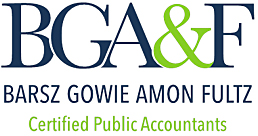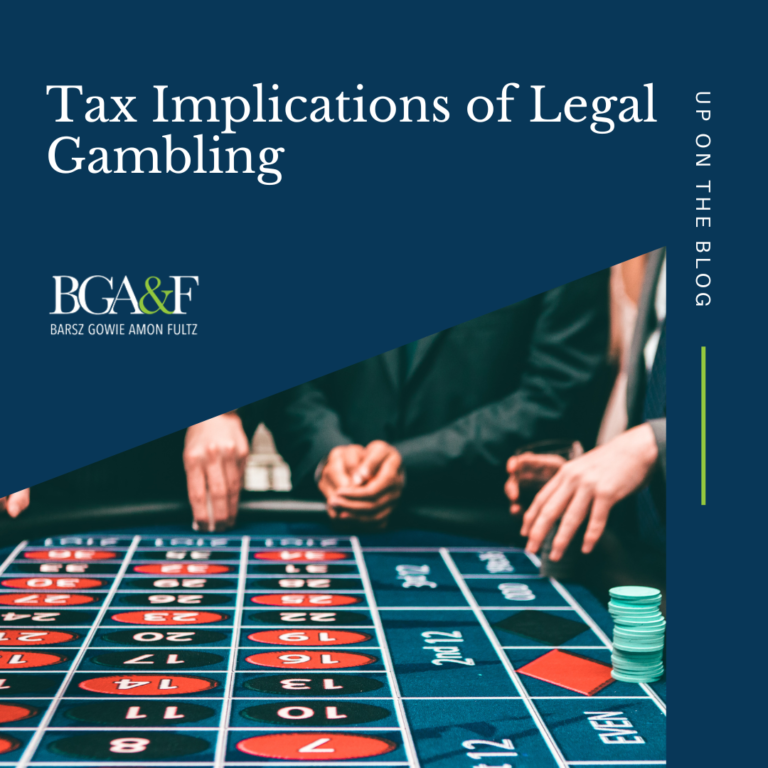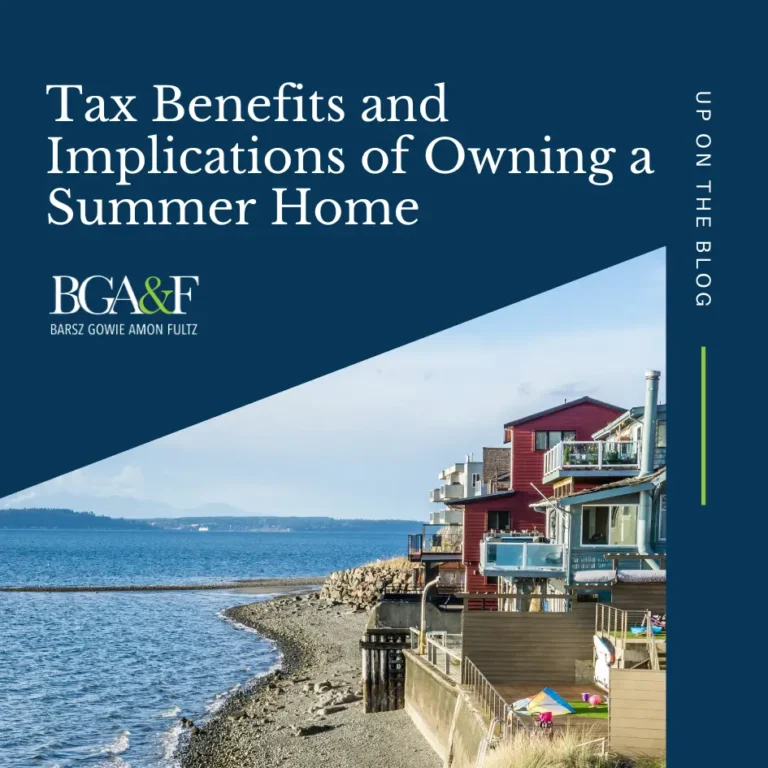Many people think managing a financial windfall is as rare as winning the lottery. However, these windfalls are more common than many anticipate. They can come from various sources, such as life insurance policy payouts, profits from selling a home or business, or inheriting assets.
In this guide to managing a financial windfall, we will explore the steps to secure and grow your unexpected gains.
Step 1: Evaluate your financial position
Before making any moves, it’s important to examine your current financial situation. Get a clear picture of your income, expenses, debts, assets, and long-term goals. This will help you make thoughtful decisions aligned with your personal needs and goals.
If you have debts, particularly high-interest debt like credit cards, it’s worth paying these off before looking into investment opportunities. The compounding interest on these debts can be a silent wealth drainer.
On the other hand, if you are lucky to have a mortgage with a low interest rate locked in from a home purchase or refinance, that is debt worth keeping because of the low cost of maintaining it. For example, your money is better spent in an investment account at a 7% rate of return while holding onto your mortgage, where you may only be paying 3.5%.
If you don’t have an emergency fund, you’ll want to start one. The general rule of thumb is to have three to six months’ worth of living expenses tucked away. This fund should be readily accessible and liquid, so you’re prepared if an unexpected expense arises. For business owners, the same applies. The ideal cash reserve is approximately three to six months of your business expenses, including payroll, debt payments, and overhead to keep the lights on.
Moreover, it’s important to resist impulsive spending. Don’t splurge on major purchases or lifestyle changes until you have a solid plan in place.
Finally, take a moment to reflect on your long-term goals. Do you want to fund an education for your children or grandchildren? Are your retirement savings where you would like them to be? It will be easier to make decisions if you’re clear on your broader objectives. A wealth manager can model your assets and goals to provide a clear roadmap for allocation.
Step 2: Tax planning
When you receive a significant sum of money, it’s important to grasp how the cash influx will impact your tax situation. Of course, the nature of your windfall matters, as different sources can be subject to different types of taxes. Don’t wait until tax time to discuss this with your CPA. It is imperative to consult with them when the windfall is expected and received to avoid any surprises at tax time.
If you inherit assets, estate tax law is very complex. Inheritances can trigger inheritance and estate taxes due by the estate as well as personal tax implications for the receiver of the inheritance depending on the type of income. In 2024, estates exceeding a $13.61 million threshold will face federal estate taxes, but some states apply lower thresholds or separate inheritance taxes, such as Pennsylvania, New Jersey, and Maryland. Unless new legislation is enacted, that threshold will revert to approximately $7 million at the end of 2025.
The nature of the inherited assets you receive can trigger personal tax implications. For example, if you receive an inherited IRA, life insurance policy proceeds, inherited stocks or investments, property, or an executor fee, consult with your CPA on how these items will impact your personal tax returns.
Capital gains taxes may apply if your windfall came from selling assets like real estate or stocks. The rate of these taxes depends on how long you’ve held the asset, your filing status, and your taxable income. If you consult with your CPA, you can work on a strategy and plan for these taxable events while reviewing the interplay of these income items with your whole tax picture.
Income taxes are another consideration, especially if your windfall includes payouts from retirement accounts or lottery winnings. These are often treated as ordinary income and taxed accordingly.
You may be able to manage potential tax burdens strategically. For instance, selling real estate could lead you to consider a 1031 exchange to defer capital gains taxes by reinvesting the proceeds in similar property. Another strategy could be to spread your windfall’s receipt over several years to avoid entering a higher tax bracket in any single year.
Reviewing your entire personal tax outlook will provide insight into how your windfall, regular income, and tax carryovers will impact your finances.
Step 3: Make strategic investments
After assessing your financial position, part of managing a financial windfall involves mapping out a tax-saving plan and focusing on strategic investments to maximize your gains. Most strategies offer a dual advantage: they can provide tax benefits while providing growth potential. However, balancing these opportunities with the need for liquidity and access to your funds is crucial.
One key principle in this stage is diversification – not “putting all your eggs in one basket.” This approach will spread your investments across different vehicles, ensuring a more stable and resilient financial portfolio.
Remember, the suitability of any investment strategy is highly dependent on your personal situation and goals. Ensure your investment choices align with your financial objectives, risk tolerance, and time horizon.
Boost Retirement Account Contributions
One of the smartest moves you can make with your windfall is to increase your retirement savings. This secures your future financial stability and can provide immediate tax benefits, as some contributions may be tax-deductible. Remember that some retirement funds are locked until retirement age, penalize early withdrawals, and have annual contribution limits. If your employer provides a contribution match to your retirement account, ensure you maximize your contributions to obtain that benefit.
If you exceed the income limits for a Roth IRA, a backdoor Roth IRA is an excellent option for tax-free growth. This strategy involves contributing to a traditional IRA and then converting it to a Roth IRA. The benefits include tax-free growth and withdrawals and no required minimum distributions (RMDs). This strategy is particularly effective if you receive a large, lump-sum payout and execute the Roth conversion within one year of contributing the funds to the traditional IRA. It is not ideal if the windfall is spread out over time or annuitized, as repeated conversions can be tax-inefficient. However, every tax situation is unique and will be driven by your total tax picture.
Educational Investments
529 plans or education savings accounts offer tax advantages and can help manage the ever-rising costs of education. The earnings grow tax-free if utilized for qualified education expenses. In most states, there is a deduction for these contributions. However, these investments can also trigger penalties and taxes for non-qualified withdrawals.
Permanent Life Insurance
Permanent life insurance, such as whole life and universal life policies, provides more than a death benefit. They can be a powerful tool for wealth preservation and estate planning. These policies accumulate cash value over time, which you can borrow against if needed.
Permanent life insurance policies tend to have higher premiums than term life insurance. They can also be complex and require careful management but can be a suitable investment for those seeking growth, liquidity, wealth preservation, and estate planning.
It is never too early to lock down a whole life policy, while at a young age and in good health. You also preserve the premium price at that point in time which will most definitely be at a higher rate in the future if you wait.
Long-Term Care Insurance
Long-term care insurance is designed to cover expenses that are not typically included in standard health insurance, such as in-home care, assisted living, or nursing home care. These costs can be substantial and are often overlooked in traditional retirement planning. Premiums paid for long-term care insurance may be tax-deductible. Still, the primary advantage of this type of insurance is to safeguard assets and savings against the high costs of extended care.
Annuities
An annuity isn’t an investment strategy but a financial product providing a guaranteed income stream for a set period. You make a lump-sum contribution or a series of payments, and in return, the annuity provider will make periodic payments to you. They can be a wise choice in certain scenarios. For instance, if you receive a substantial one-time settlement, such as a personal injury settlement, an annuity can provide income and financial stability when regular employment income is not expected. It can also benefit individuals who have maximized other retirement savings options and seek a guaranteed income unaffected by market fluctuations.
Each vehicle and strategy has its own features, benefits, and considerations. It’s important to understand that there is no one-size-fits-all approach, and the most suitable strategy will depend heavily on individual circumstances.
Step 4: Estate planning
Estate planning and asset protection strategies should be integral to your financial plan. These strategies complement other investment choices and safeguard your accumulated wealth.
Due to the complexity and legal intricacies of setting up and managing asset protection trusts, seeking expert legal and financial advice is essential. There are costs associated with establishing and maintaining a trust, particularly if they require a third-party trustee. These costs should be weighed against the potential benefits and protection they offer.
Seek professional advice
While this article offers a foundational framework for managing a financial windfall, remember that each financial journey is unique and may require further personalized strategies.
Enlist the expertise of a skilled advisory team for a strategic approach to managing your wealth. Ideally, this “brain trust” should consist of an attorney for legal guidance, a CPA for tax planning, and an investment advisor for financial strategy. Together, they can ensure that your financial plan is robust, tax-efficient, and aligned with your long-term objectives and plans for the future.
For more personalized advice, please contact our office.




